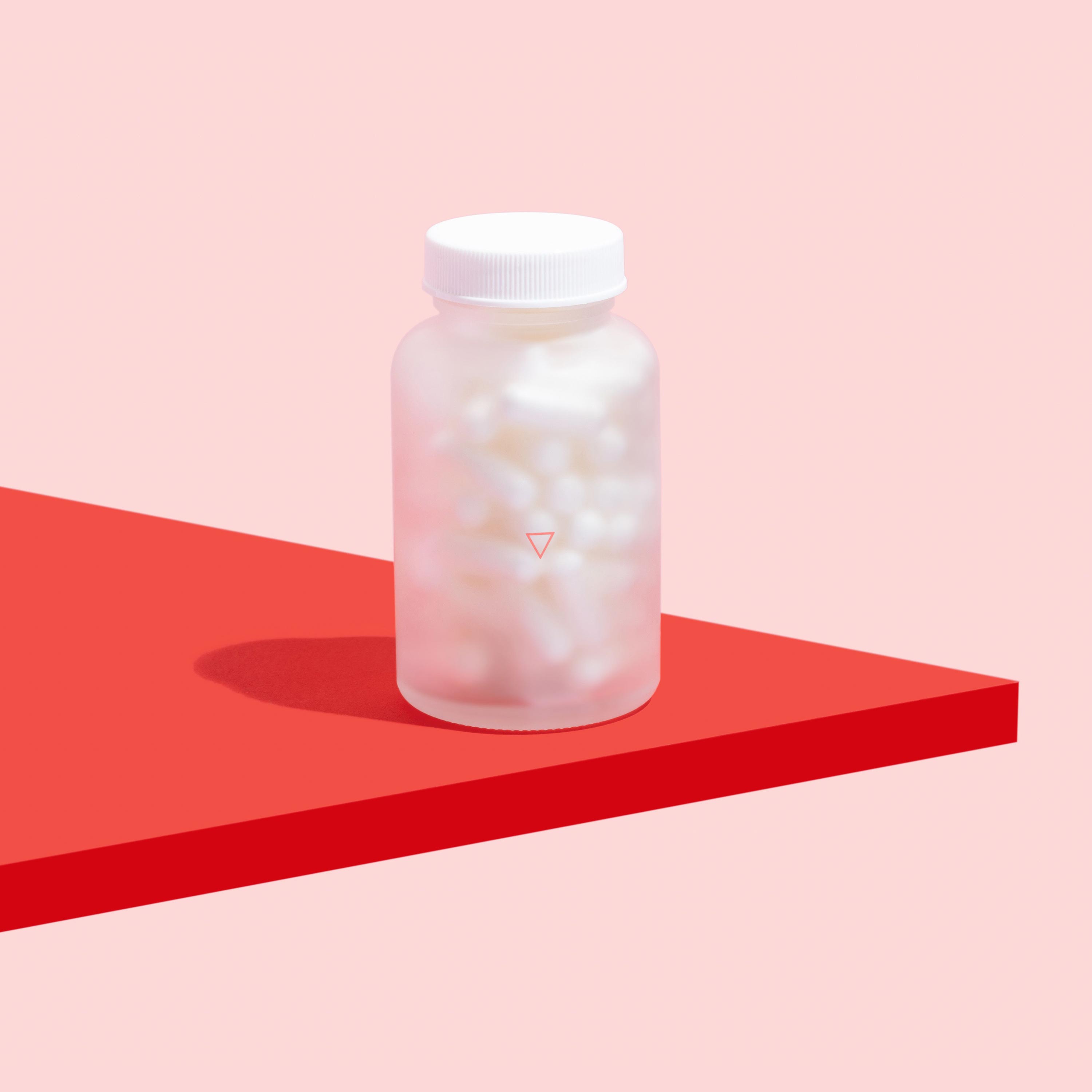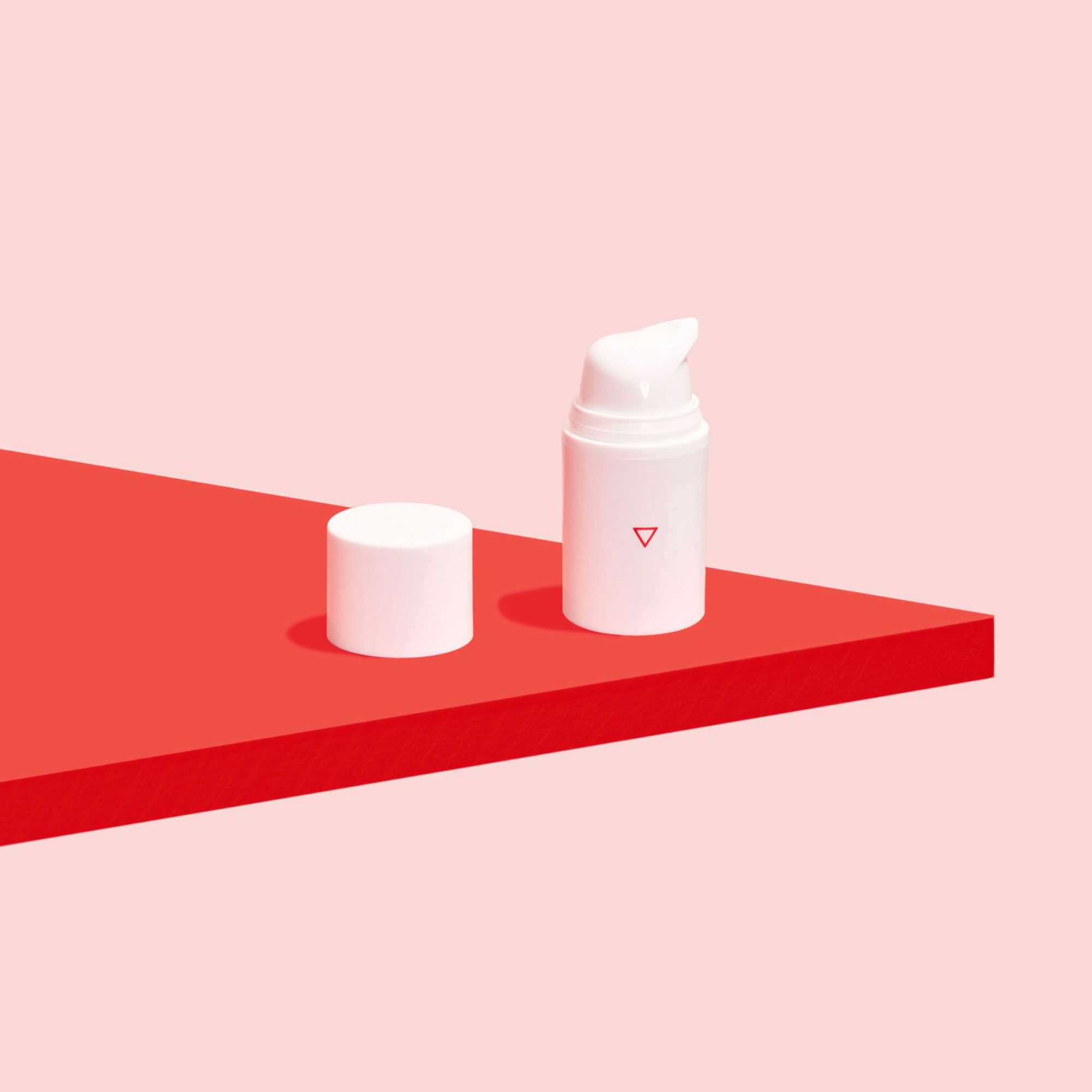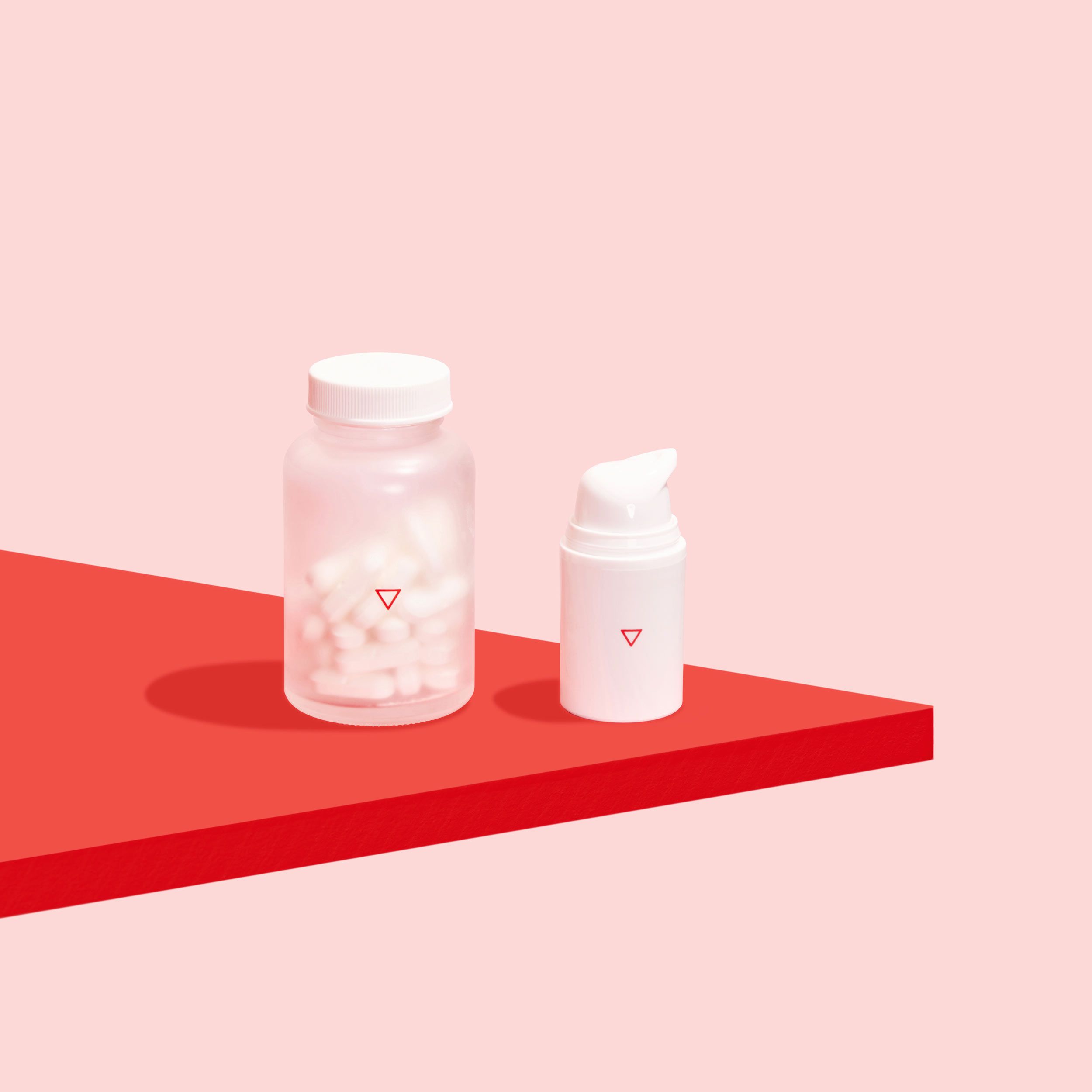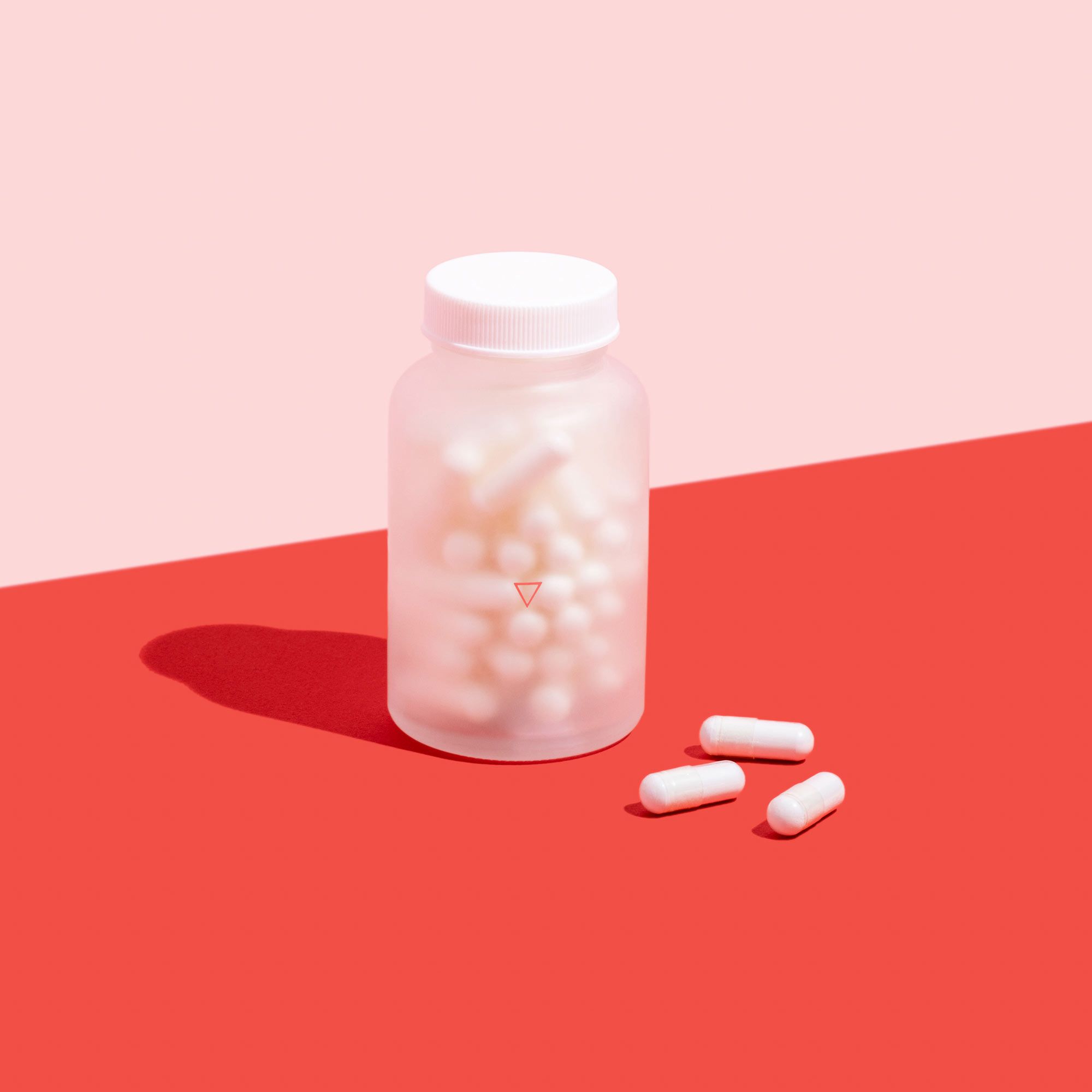
Ask A Doctor: Genital
Herpes Treatment
By Dr. Laura Purdy, M.D.
April 15, 2021
You’ve got questions, we’ve got answers. In this edition of Ask A Doctor, Dr. Laura Purdy, M.D. answers your frequently asked questions about Genital Herpes Treatment.
Genital herpes is very common and affects about 1 in 6 people in the US. If you’re experiencing telltale symptoms like pain or itching along with small blisters, you definitely aren’t alone. At Wisp, our healthcare providers treat thousands of herpes patients so they’ve got the scoop on all the questions you’ve got about your treatment. We’ve collected a few of your most asked questions all in one place!
If you have a question about Genital Herpes treatment that is not listed below, send us a message on Instagram and we'll add it to the list!
Q: If I tested positive for HSV-1 with blood testing, should I take antiviral therapy?
Herpes simplex 2, or HSV-2, is typically the virus that causes genital herpes. Biologically, this version of the herpes virus is better adapted to infecting the genital area, unlike HSV-1 which thrives around the mouth (HSV-1 is primarily responsible for oral herpes, also referred to as cold sores).
However, it’s important to note that HSV-1 can also be transmitted to the genitals during oral sex and can cause genital herpes. If you’ve tested positive for HSV-1, taking Episodic or Suppressive Antiviral Therapy is a good way to prevent outbreaks and keep you from transmitting the virus to your sexual partners.
Q: Is suppressive antiviral therapy for Genital Herpes overkill?
Suppressive therapy is a treatment available to herpes patients where they take a daily dose of antiviral medication, usually Acyclovir or Valacyclovir, to prevent and reduce herpes outbreaks. Suppressive antivirals are extremely effective at reducing “viral shedding”, which is how a majority of genital herpes cases are transmitted even when an individual is not experiencing an active outbreak.
Without a patient’s specific medical details, it’s difficult to say definitively whether suppressive therapy is more appropriate than episodic. However, if you experience frequent outbreaks, suppressive therapy can reduce outbreaks by 70-80% and many patients see their outbreaks disappear altogether! It’s a good option to discuss with your healthcare provider if you have concerns about transmitting HSV to your partner, or if frequent outbreaks are disrupting your life.
Q: Do you ever develop resistance to antiviral therapy?
No, you will not develop resistance to antiviral medications, but age, illness, and stress can all have an impact on the frequency and duration of herpes outbreaks. As you get older or your life circumstances change, you may find yourself experiencing more outbreaks at certain times. If you have any concerns about your outbreaks or your medication, be sure to consult with your provider. They will be able to counsel you further on possible solutions.
Q: I have taken a complete course of HSV treatment (5 days) and felt better, but I am now experiencing symptoms again. Should I try another short dose?
Yes, talk to your provider about another round of treatment and consider taking suppressive therapy to prevent outbreaks in the future.
Q: Can I take antiviral medication while pregnant or breastfeeding?
Yes, you should be able to take antiviral medications while pregnant or breastfeeding, but be sure to let your OB/GYN know about any medications you are using and get their ok. Always follow the guidance of your OB/GYN if you are pregnant or breastfeeding.
Q: Will treatment for Genital Herpes affect my birth control?
Nope! Unlike antibiotics which can decrease the effectiveness of hormonal birth control pills, antiviral medications will not affect your birth control.
Q: Is it ok to be treated while on my period?
Absolutely. Herpes treatment is safe to take while on your period. No need to deal with PMS and an outbreak too!
Q: Can I use hydrocortisone on my healing sores?
Although you may be tempted to use hydrocortisone on an itchy or irritated sore, it’s not a good idea. Steroids like hydrocortisone can suppress the healing process and actually prolong the duration of your sores. Look in your medicine cabinet for Benadryl, Zyrtec, acetaminophen, or ibuprofen — all of these are good options for healing sores and are available over the counter! You can also try amitriptyline with lidocaine for pain relief to relieve the pain and irritation of genital herpes outbreaks.
Q: Can I place a band-aid on herpes blisters?
Yep! Covering up your sores can protect your skin and help it heal.
Still have questions? You can always message your Care Team from your Wisp account! You can also learn more about genital herpes symptoms on our Learn page. Stay curious!
Get Genital Herpes Medication Online

Valacyclovir (Valtrex) or Acyclovir (HSV-2)
Starting at $45

Acyclovir Cream for Genital Herpes | HSV-2
Starting at $30
Prescription antiviral cream used to decrease outbreak healing time.

The Duo | HSV-2
Starting at $45
Bundle Valacyclovir & Acyclovir For HSV-1 & HSV-2 and Acyclovir 10% Topical Cream to treat & prevent outbreaks.

L-Lysine | HSV-2
Starting at $27
Manage the severity of oral & genital herpes outbreaks with L-Lysine (no prescription needed).

